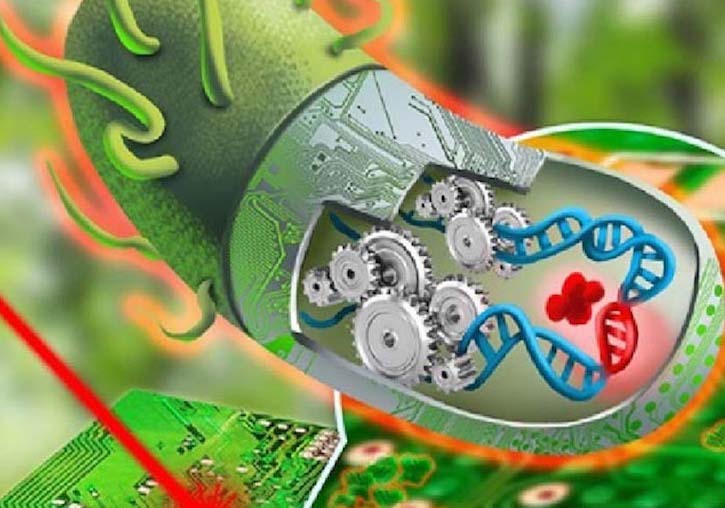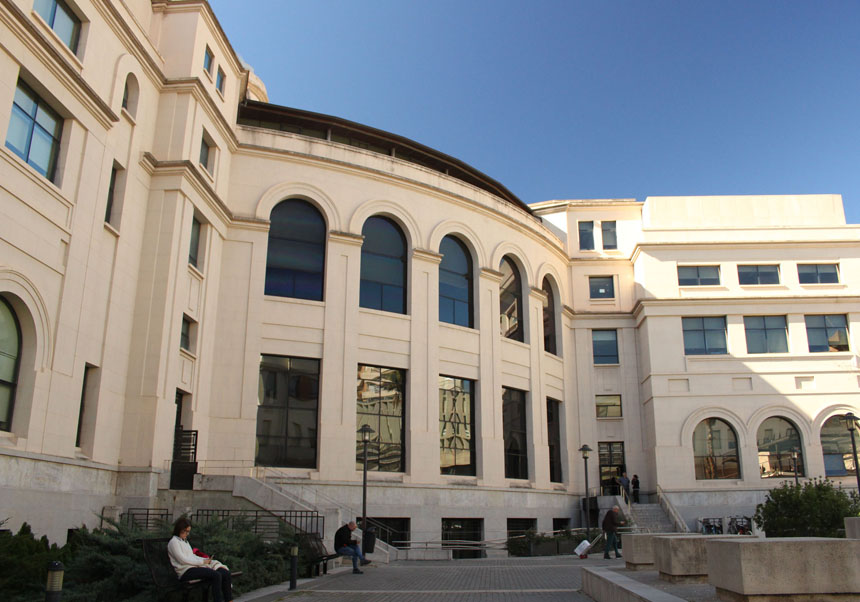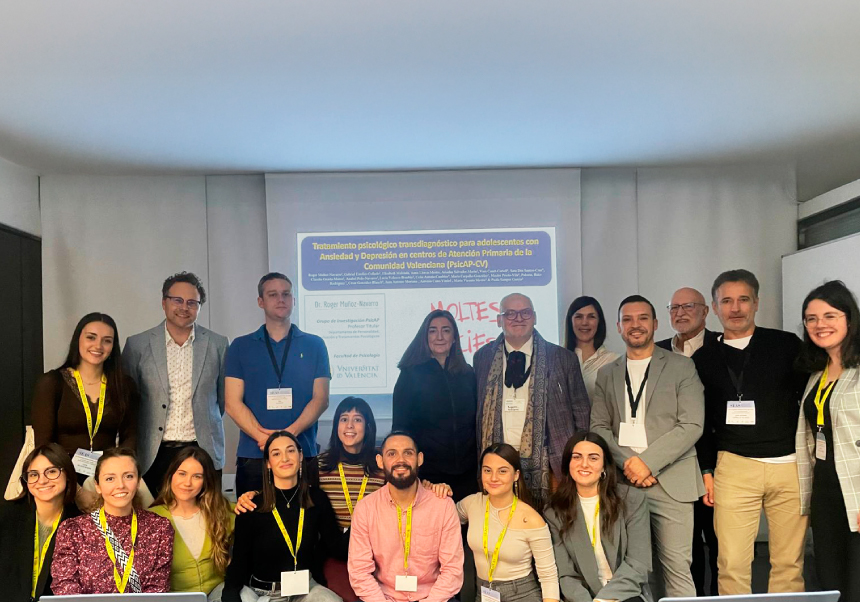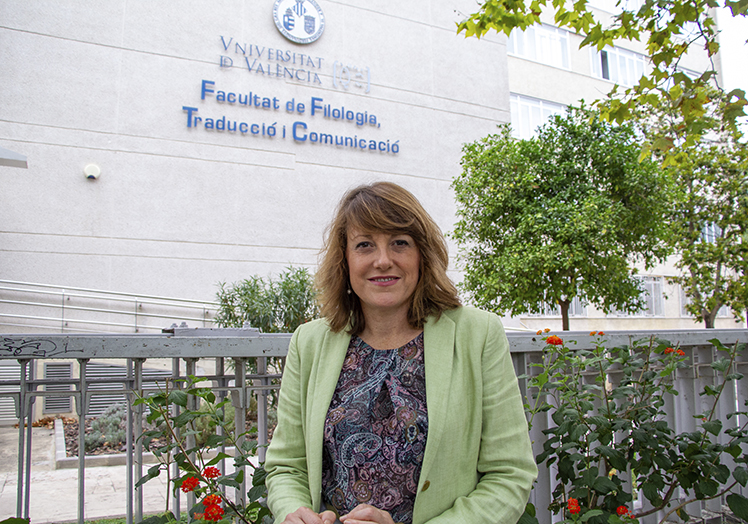Synthetic Biology advances towards its consolidation as a twenty-first century discipline
- Science Park
- May 7th, 2020

An article published in the EMBO Reports magazine by members of the consortium of experts in synthetic Biology BioRoboost shows the effort of this discipline to fulfil the role of facilitator of bioengineering that new times give it. The University of Valencia, from where this consortium of European, Asian and North American partners is coordinated, is one of the signatories.
Standardising the scientific method for biosystem research and combining technology and science with legality and consensus are the primary objectives of the declaration of intent that has just been released by EMBO Reports – a journal of the open access platform EMBOPress – and which gives voice to an international group of experts in Synthetic Biology (SynBio).
Entitled “The long journey towards standards for engineering biosystems”, the article shows the potential of this discipline –which integrates biological, genetic, chemical, computational and engineering knowledge– for the production of biological structures with new functionalities that bring benefits to science and society. And it focuses on the importance of establishing reference patterns for scientific work –standards–, well defined in the industrial and engineering fields, but not in the life sciences.
“Standards are universal parts that are used massively in engineering. To make a car or an electronic piano, for example, the same chips can be used. If we are able to make biology more standard, agreeing on those parts that can be used in various microorganisms and in all laboratories, we will build a more universal discipline, closer to engineering and more applicable to industrial production”, Manuel Porcar points out, researcher at the Institute for Integrative Systems Biology (I2SysBio), co-founder of the company Darwin Bioprospecting Excellence – both entities in the Science Park of the University of Valencia –, coordinator of BioRoboost and one of the authors of the article.
The document argues that the opportunities offered by SynBio to improve global society and industry lie in the establishment of these relevant parameters, calculation methods and precise protocols, which enable researchers to work in coordination through interoperability and optimisation of efforts. And it calls on the agents involved – scientific community, industry, politics, funding bodies – to participate in the constitution of a permanent forum that, in addition to scientific rigor, brings technical and legal consistency to the discipline.
The objective that the research community is currently considering in this field, and that the document reflects, is to bridge the gap between the knowledge generated by a still young discipline and its potential for application with a waiting list in areas as important as industry, health or energy.
“Although the benefits of working with standards are evident, the scientific community in Synthetic Biology is still reluctant to establish standards, both for the costs involved in adopting them and for the supposed loss of flexibility that this implies”, says the text. “Still”, it explains, “the ability of standards to achieve scientific objectives is very great; it will increase the creativity of the work and help the discipline to consolidate itself as a science”.
More information:
File in: Ciencias de la Vida , Química , Ciencias Tecnológicas , Matemáticas
















